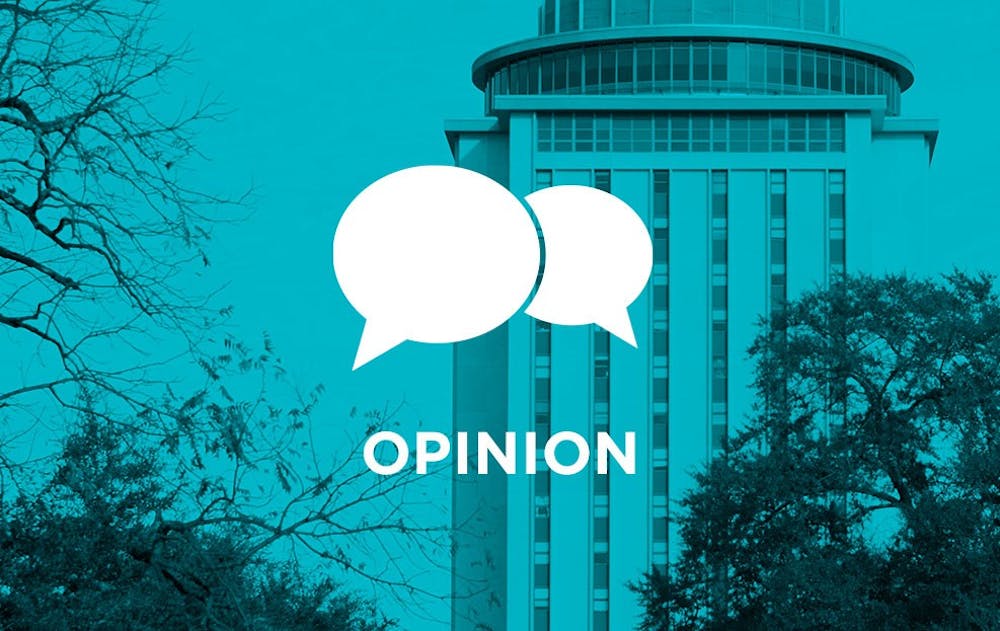Too often we instinctively respond to problems by choosing to address symptoms we can see without digging deeper to uncover the root. This is a trap that is easy to fall into when dealing with an issue as weighty and opaque as mental illness.
After tragedies like the suicide of a graduate student earlier this semester, we tend to hear the university administration talk a lot about the free counseling and various other suicide prevention resources available on campus, but without any mention of reforms or new policies.
While it is not my intention to be critical of any of these programs — I have attended and benefited from the free counseling sessions myself — I do believe they are an incomplete and insufficient solution to the problem of anxiety and depression on campus. In fact, I believe that the university is ignoring many obvious health causes of mental illness among students and maintaining an environment that allows those causes to fester.
When a teenagers leaves his or her family to attend university, they experience an abrupt shift in authority dynamics. Instead of being hands-on managed like they were in high school, they are greeted by a non-authoritative university that emphasizes independence and self-determination. While this sort of environment sounds inviting, it is also dangerous, especially when the university shoots itself in the foot by indirectly encouraging students to make poor health choices. The university does so regularly by advocating against an action while still facilitating that action anyway.
This concept is best represented by a sign in the Honors Residence Hall which reads, “Burn calories, not electricity. Take the stairs!” Awkwardly placed two feet away from the elevator and about a hundred yards away from the nearest staircase, it is doubtful that this sign inspires much more than an occasional chuckle. This is exactly the same problem that the university has when promoting student health — and, by extension, mental health — it encourages making positive lifestyle choices and then gives students a dozen opportunities to fail.
It does this when it advocates for good nutrition — crucial for good mental health — while filling up campus with fast food and vending machines. It does this when it advocates for rest and a regular sleep schedule while offering ice cream and cookies until 2 a.m. and keeping the library open 24/7. And it does this when it advocates good exercise while requiring hours of lecture and study that all but demand a sedentary lifestyle from students. In a hundred little ways, USC undermines its own ability to preserve student health and, thus, give mental illness a foothold.
While these examples might sound relatively benign, this attitude bleeds over into more hazardous territory. This is most apparent as it relates to alcohol. USC is considered a dry campus, but, as I’ve written before, the mandatory alcohol education takes special care not to tell anyone to avoid drinking. The university also seems to have an understanding, especially with fraternities, that it will not intervene to prevent alcohol violations. The police in Five Points have similarly learned to look the other way on underage drinking. Even after a record number of alcohol violations last fall, not much has changed. It does not make sense to talk about how to prevent anxiety and depression without addressing the self-destructive behavior right under our noses.
Mental health cannot be thoroughly dealt with through Band-Aid solutions like counseling. It needs to be taken on with a more holistic approach. Mental illness is an everyday struggle and must be counteracted in small, everyday solutions. If the university really wants to make an impact, it needs to reassess the choices it is conditioning its students to make. Unless it is willing to model healthy living across the board, USC cannot expect to have a breakthrough in the fight against mental illness.

